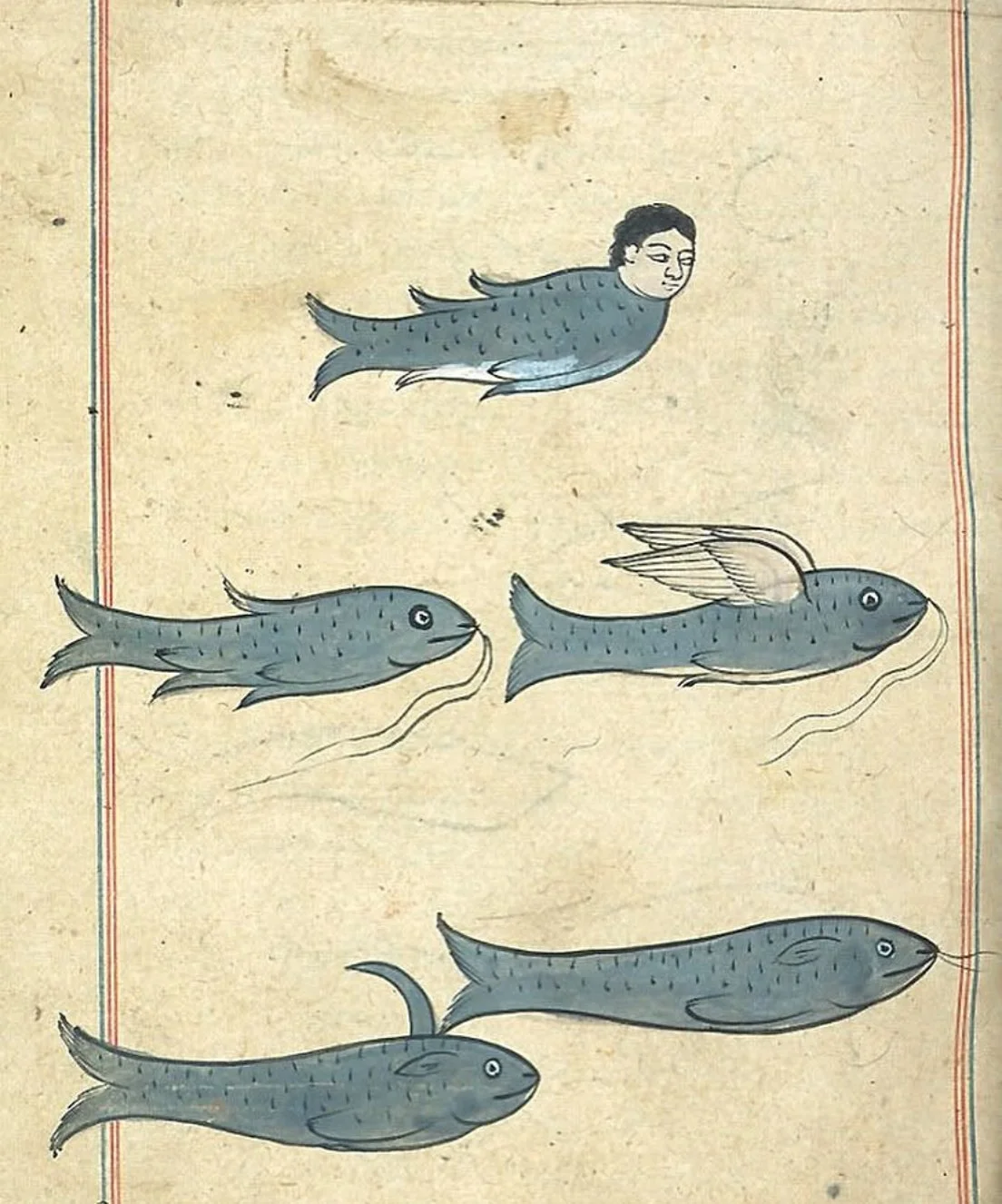Classical Literature and Psychotherapy
Several books and practitioners focus on integrating classical literature and philosophy into psychotherapy. This approach, often referred to as "bibliotherapy" or "philosophical counseling," has been developed by scholars and therapists who recognize the therapeutic potential of the classics.
Here are a few key books and practitioners that stand out:
1. Irvin D. Yalom - A leading figure in existential psychotherapy, Yalom frequently draws from classical philosophy, especially the Stoics and existentialist thinkers, to explore themes of death, isolation, freedom, and meaning in life. His book *The Gift of Therapy* provides insights into his therapeutic approach, where philosophical and literary reflections often enter the therapeutic dialogue.
2. Lou Marinoff—Author of Plato, Not Prozac, Marinoff is a major figure in philosophical counseling. He advocates using classical philosophy to resolve personal dilemmas. He believes that many of life’s problems—ethical, existential, and relational—can be addressed through philosophical reflection, which often draws on texts like Plato’s dialogues or Aristotle’s ethics.
3. Martha Nussbaum - Though not a psychotherapist, Nussbaum’s work is highly relevant to this area. Her book *The Therapy of Desire: Theory and Practice in Hellenistic Ethics* explores how ancient philosophies, particularly Stoicism, Epicureanism, and Skepticism, provided psychological remedies for emotional distress. Nussbaum shows how ancient texts can offer valuable tools for emotional regulation and personal transformation.
4. Alain de Botton - Founder of *The School of Life*, de Botton’s work emphasizes how philosophy, particularly classical and Stoic philosophy, can offer wisdom and comfort in everyday life. His books, including *The Consolations of Philosophy* and *The Art of Travel*, engage with philosophical ideas to address personal and psychological issues.
5. Donald Robertson - A cognitive-behavioral therapist and leading expert in the modern Stoic movement, Robertson’s book *How to Think Like a Roman Emperor* combines Stoic philosophy with modern psychotherapy techniques, particularly CBT, to offer strategies for managing anxiety, depression, and personal challenges. He emphasizes how figures like Marcus Aurelius provide practical advice for mental health today.
6. Jonathan Lear - A psychoanalyst and philosopher, Lear’s book *Open Minded: Working Out the Logic of the Soul* explores the intersection of classical philosophy, notably Aristotle and Plato, with psychoanalytic theory. Lear’s work is particularly relevant for therapists interested in bridging the gap between ancient philosophical ideas and modern psychological practice.
These works and practitioners show how the classics can provide therapeutic insight, helping clients grapple with universal human concerns and guiding them toward personal growth and resilience. By exploring themes such as mortality, ethics, virtue, and the search for meaning, therapists can help clients contextualize their struggles within the broader framework of human experience as understood through the lens of classical wisdom.
Art credit Leslie Peterson Sapp, [email protected]



